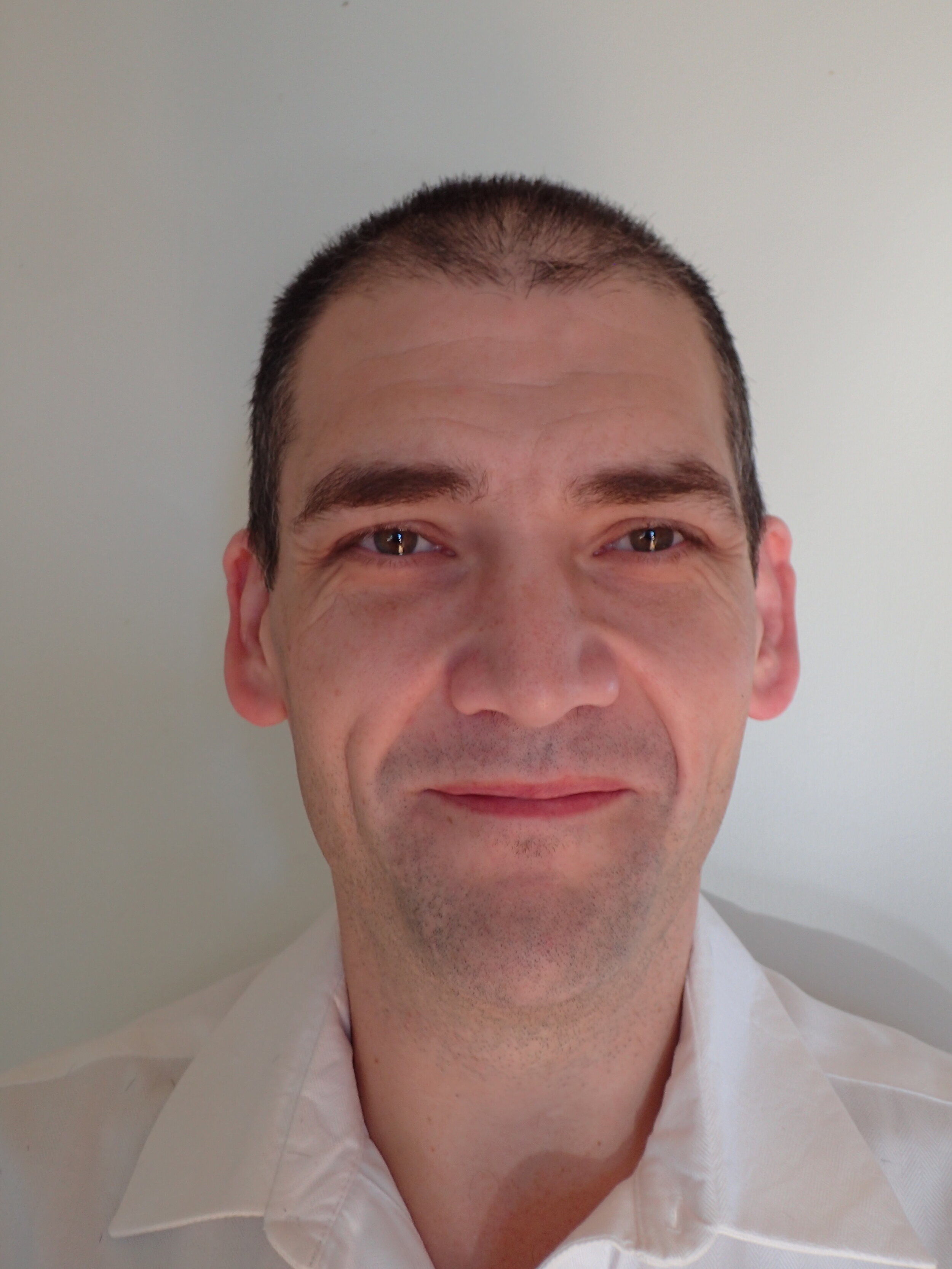About
Our Practice
We provide psychological treatment for diagnosed mood, anxiety and trauma disorders. We also offer psychotherapy for enduring problems involving the felt experience of oneself as an individual (e.g., identity, confidence and self-esteem concerns) as well as in relationships (e.g., intimacy and assertiveness issues). Our mission is to reverse the impact of psychological suffering and kick-start our clients’ capacity to make good use of their own latent resources to propel their personal growth and development.
Whether your concerns affect just one area of your life or cripple your ability to function more generally, we can provide you with clear feedback about treatment options suitable for your circumstances.
Our therapists have more than 30 years of clinical experience in inpatient and community settings.
Our approach
The crisis that propels people to seek psychological therapy, be it an unexpected reaction to a significant event or a corroding sense of personal depletion that becomes intolerable, offers an opportunity. At these times, our hard-wired motivation to adapt is stronger than the desire to avoid addressing what troubles us. If can we find a safe and facilitating relationship, the capacity to explore and transform the sources of this emotional suffering can be realised. We aim to provide a space and relationship that enables this to happen.
Emotion and attachment—the evolutionary and often unconscious bases of human adaptation—are at the core of our interventions. Our therapists maintain a high level of focus to build a working alliance that allows clients to work through any barriers that prevent them from fully exploring the issues that bring them to treatment, including anxiety and shame. We seek to help clients access the full range of their experience—emotionally, bodily and cognitively—in an integrated way. Through this, they gain the opportunity to access previously blocked internal resources and capacities that can help them resolve their problems. This process can result in greater levels of vitality, openness and creativity; compassion for self and others; and improved clarity about needs and wants coupled with a commitment to pursuing them.
Our approach is consistent with psychological theory grounded in contemporary cognitive and affective neuroscience.
our clinicians
Myra Whitney
Dr Myra Whitney is a clinical psychologist who has been registered since 2000. She completed her master’s degree in clinical psychology in 2001 and her PhD in 2005 from the Australian National University. She completed a three-year training in psychoanalytic psychotherapy from the Australian and New Zealand Association of Psychotherapy in 2012. In 2016, she started training in accelerated experiential dynamic psychotherapy with the AEDP Institute in New York. Since 2020, she has expanded her learning to other experiential dynamic psychotherapies, such as intensive short-term dynamic psychotherapy.
While her initial training was in cognitive behavioural therapy, Myra’s expertise is in psychodynamic psychotherapy. Since 2016, she has utilised the power of short-term experiential dynamic psychotherapies such as AEDP and ISTDP to activate the process of change more efficiently and effectively. She is a certified AEDP therapist.
Myra has been a registered clinical supervisor of psychologists since 2007. She has a background in public mental health and alcohol and other drugs treatment and has lectured in substance abuse assessment and treatment at graduate and postgraduate level for 10 years. Myra is a member of the Australian Psychological Society, the International Association for Relational Psychoanalysis and Psychotherapy, and the AEDP Institute.
Peter Edsall
Peter Edsall is a counsellor with more than 17 years clinical experience working with young people and adults who have entrenched difficulties in their life. He uses experiential dynamic therapies to help clients understand their internal reactions to experiences in their life and relationships. Through understanding the “why”, clients can gain more conscious control of how to respond effectively to the challenges they face. Peter’s approach helps clients understand what positive changes in themselves they seek to make as well as deal with the internal barriers that prevent them from achieving sustained change.
Peter has undertaken training in various short-term dynamic psychotherapies, including intensive short-term dynamic psychotherapy (ISTDP) and accelerated experiential dynamic psychotherapy (AEDP). His extensive experience in assisting with small group experiential trainings in AEDP has been recognised by life-time membership with the AEDP Institute. Peter has also provided training to clinicians and other direct care staff on working more effectively with clients across a range of settings, including in risk assessment.


